Recycling Rate Falls in the UK: How Homeowners Can Make a Difference in 2025
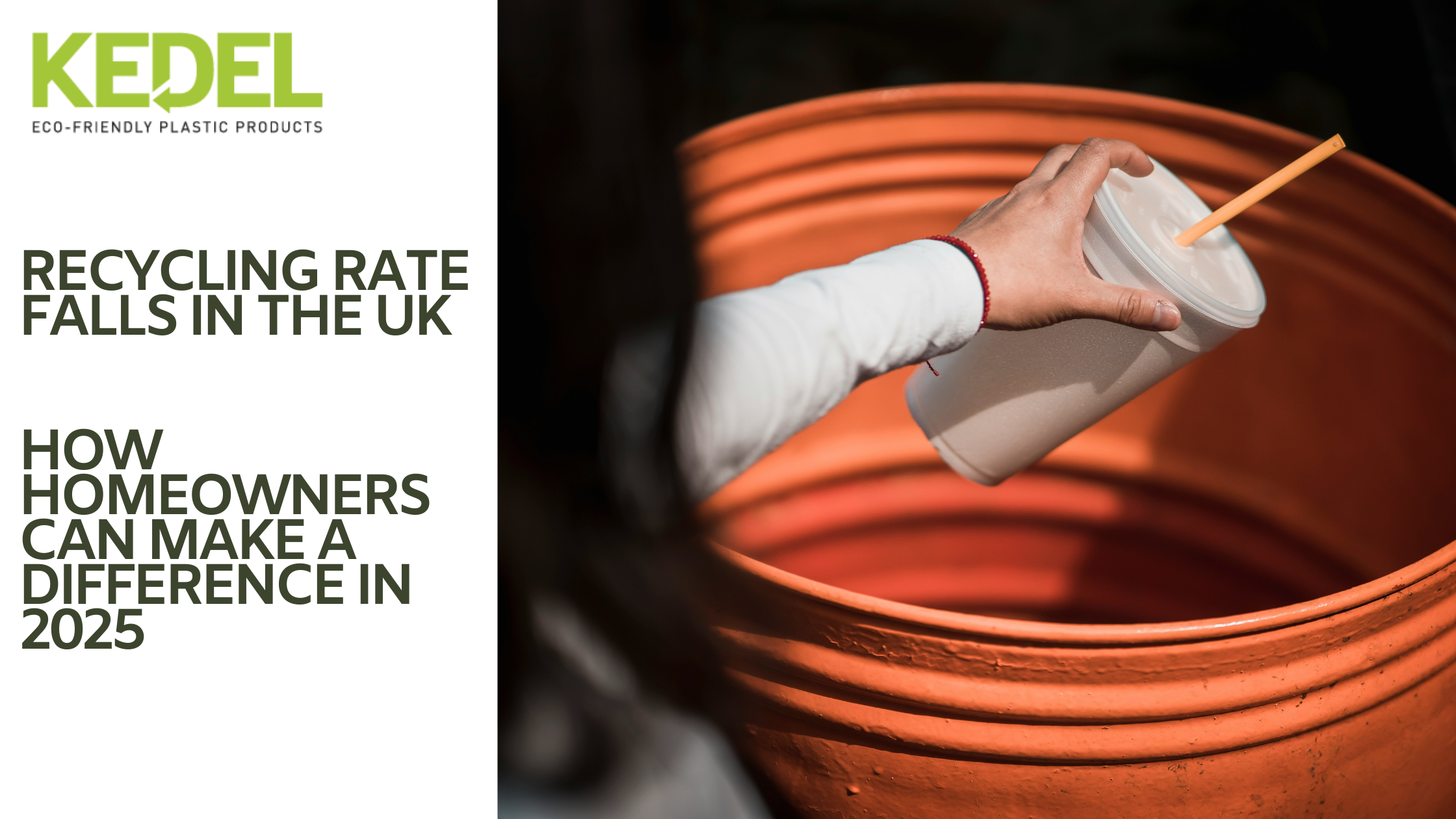
If you've been keeping an eye on the news, you might have noticed the concerning reports that have emerged the UK's recycling rate has dropped, with only 44% of household waste being recycled. As we enter 2025, a pivotal moment for environmental action, it's more important than ever to understand the role of recycling in our homes and how we can each play our part in improving these statistics.
Why Recycling at Home Matters in 2025
Recycling is crucial; it helps reduce environmental impact, conserve resources, and lower emissions. To turn the tide on falling recycling rates, all of us need to step in and make a positive change. In this blog, we'll walk you through why recycling at home is so important and give you some practical tips on how to boost your recycling efforts. We'll also point out some common household items you might not realise are recyclable.
- Making a Difference to Our Environment: By recycling, we cut down on waste that ends up in landfills or incinerators. This can significantly decrease greenhouse gas emissions and reduce pollution. With the effects of climate change becoming ever more noticeable, our recycling efforts at home have a direct impact on the health of our planet.
- Saving Resources: Recycling lets us recover and reuse materials, meaning we save raw materials and energy. For instance, recycling aluminium uses up to 95% less energy than producing new aluminium from scratch.
- Boosting the Economy: More recycling can mean more jobs in recycling and manufacturing. It also reduces the financial burden on local councils by cutting down on the costs associated with waste collection and disposal.
- Instilling Good Habits: Regular recycling gives you a great environmental mindset and can encourage us to make other sustainable choices, like conserving water and energy.
Practical Tips for Better Recycling at Home
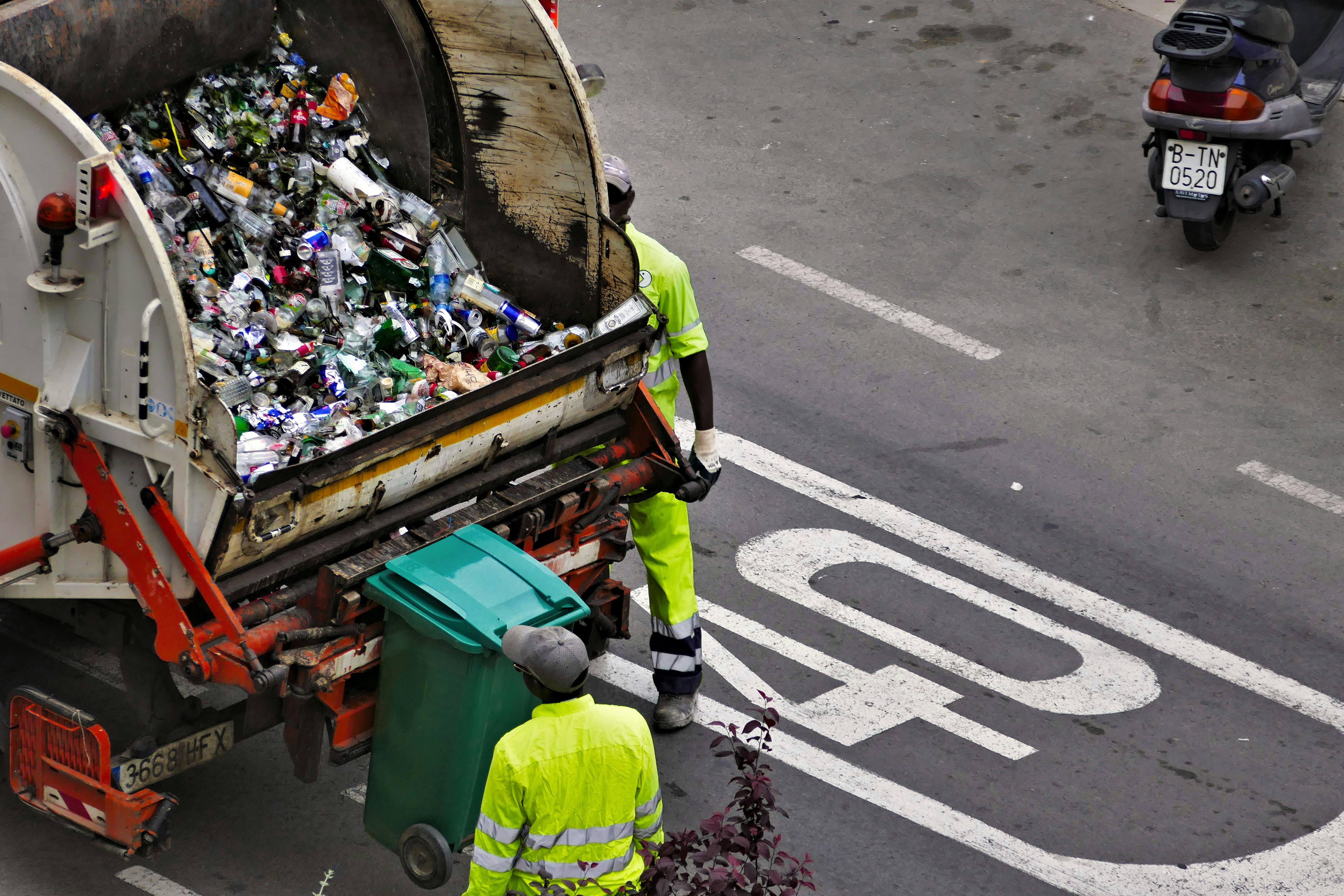
Improving our recycling habits doesn't have to be daunting. Here are some simple yet effective ways to make a difference:
Get Informed: Knowledge is power. Make sure you know exactly what can and cannot be recycled in your area. Local councils often provide handy guides that clarify their recycling services.
Sort Correctly: Many recycling issues arise from improper sorting. Make an effort to separate your recyclables from general waste and ensure they’re clean and dry before putting them in the recycling bin.
Cut Down on Single-Use Items: Try to reduce your reliance on single-use products by opting for reusable alternatives like shopping bags, water bottles, and coffee cups. Reusing items wherever possible can greatly complement your recycling efforts.
Embrace Technology: There are several apps and online tools that can remind you about recycling, offer tips, and even track your local collection schedules.
Choose Recyclable Products: When shopping, try to choose products with recyclable packaging and support brands that are committed to sustainability. Look for recycling labels and pick items with minimal, eco-friendly packaging.
Household Items You Might Not Know Are Recyclable

Aside from the usual paper and plastic bottles, here are some household items you might be surprised to learn can be recycled. Some of these items are even used in our recycled plastic products, from our plastic decking and plastic fencing to outdoor plastic furniture.
- Batteries: Most types of batteries, including rechargeable ones, are recyclable. Many supermarkets and electronic retailers have collection bins.
- Textiles: Don’t trash old clothes and linen! Recycle them at textile recycling points or donate them to charity shops. Some retailers even offer discounts for recycling old textiles in-store.
- Electronics: Old phones, computers, and other gadgets can often be recycled through special e-waste programs, keeping harmful components out of landfills.
- Cooking Oil: Your used cooking oil can be recycled to produce biodiesel. Some recycling centres or collection services will handle this for you.
- Wine Corks: Natural corks are biodegradable and can be recycled into products like flooring or garden mulch.
- Light Bulbs: Certain bulbs, like CFLs, can be recycled at specific locations, such as your local hardware store.
- Plastic Bags and Wraps: While not often accepted curbside, many supermarkets have bins for recycling plastic bags and wraps.
- Writing Instruments: Pens and markers can be recycled through dedicated programmes from some stationery brands.
- Medication Blister Packs: Some chemists and pharmaceutical companies will collect these for recycling.
- Tetra Pak Cartons: Check with your local council, many now accept these cartons for recycling.
With the UK’s recycling rates on the decline, we all have a critical part to play. As environmental challenges mount, improving our recycling habits at home has never been more vital. By making small, daily changes, we can make meaningful contributions to conserving the environment and promoting sustainability.
By learning more about recyclable items in our homes, advocating for community awareness, and supporting systemic change, we can work together to reverse the downward trend and help pave the way to a cleaner, greener future. Through informed choices and collective efforts, each of us can be a catalyst for positive change towards a sustainable and regenerative planet.
At Kedel, we’re committed to doing our part and have sold a quarter of a million tonnes of recycled plastic over the last 15 years. As we continue to focus on our environmental responsibility, we hope we can inspire our customers to increase their own recycling rates and start 2025 the right way!

.png)
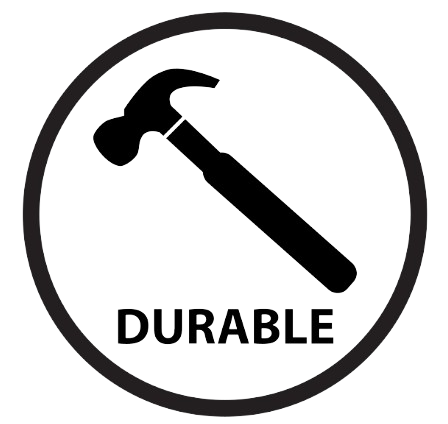
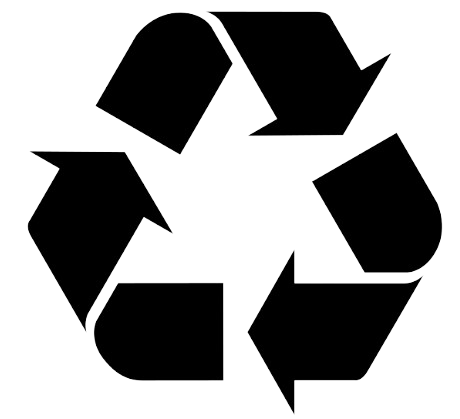 100% Recycled Plastic
100% Recycled Plastic Will Never Rot
Will Never Rot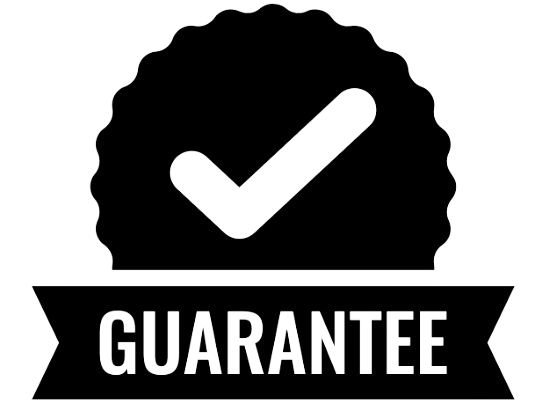 25 Year Guarantee
25 Year Guarantee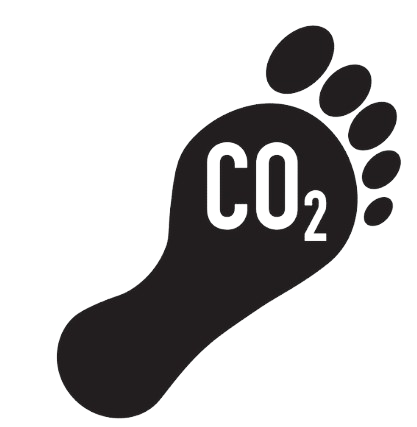 Low Carbon Footprint
Low Carbon Footprint